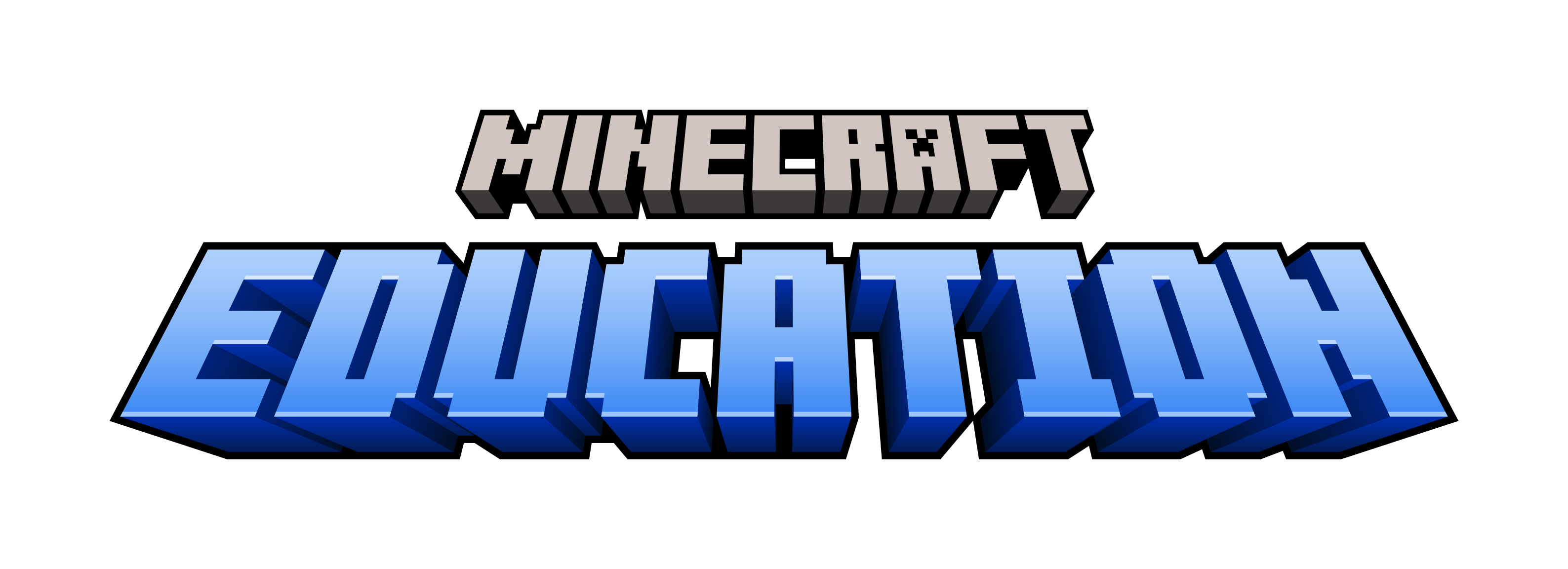Girls Who Game: Community of the Future Design Challenge
25 May 2021

Girls Who Game is an extra-curricular program that provides an opportunity for girls and underserved students across North America to experience gaming and use Minecraft as a learning tool while developing global competencies like communication, collaboration, critical thinking, and creativity. In the Spring of 2021, the Girls Who Game team ran a challenge based on real-world issues. Dr. Kendall Latham, Senior Education Strategist, and Cari Warnock, Education Strategist for Dell Technologies, share the story.
It’s daunting to think that while women make up half of the overall workforce, they hold less than a third of STEM positions. Of that, only 11% are female minorities. At Dell Technologies, we have a different vision for the tech industry. We want to enable our communities, schools, and government to build a better future where everyone can reach their full potential. To help make that a reality, we developed Girls Who Game (GWG).
In collaboration with Microsoft and Intel, the program focuses on empowering female students in grades 4–8 with learner-driven experiences that broaden their knowledge, skills, and dispositions within STEM-related fields. We currently have 277 professional female mentors across North America, with over 2000 video views of their STEM stories highlighting career pathways. In addition, 32 mentors have provided one-to-one mentoring for the GWG clubs. By the end of a term with the club, students have greater self-awareness of their abilities, and they’re empowered to join the STEM ecosystem beyond K-12.
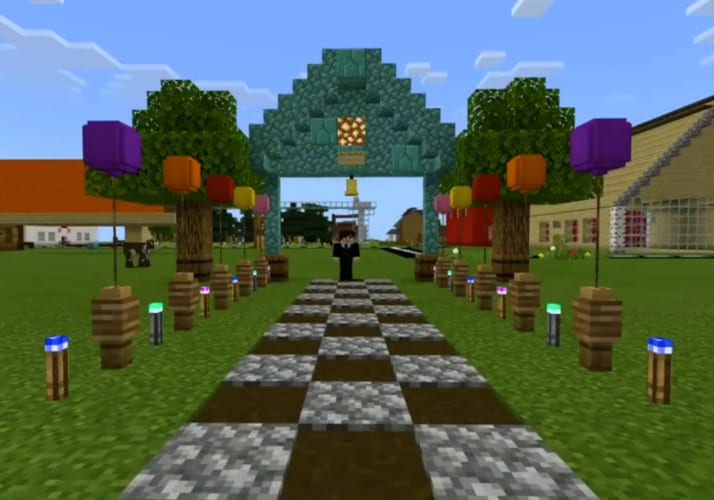
GWG leverages Minecraft as a learning tool to help develop global competencies, including communication, collaboration, creativity, and critical thinking skills. The goals of the program are threefold:
- Develop and refine students’ technical skills
- Empower leadership skills and foster self-efficacy
- Build a community of learners
GWG has operated in 130 school districts throughout the US and Canada since the spring of 2019. When COVID-19 disrupted nearly every aspect of life in 2020—including school and work—we quickly adapted, shifting to a virtual program. We haven’t missed a beat throughout the past year. GWG clubs are meant to be flexible. They’re designed by our teacher champions and leaders to fit the needs of their communities. During school, embedded in a course, after school, used as enrichment during lunch breaks, or as a summer camp are all ways that girls have engaged over the course of 12 weeks to solve a real-world challenge, build a community of learners, and foster academic and career aspirations through mentoring.
Throughout this spring cohort, the clubs were working towards a real-world challenge aligned to two UN Sustainable Development Goals: Affordable Clean Energy and Gender Equality. Our most recent culminating challenge asked clubs to design a community of the future in Minecraft. GWG members worked in teams to develop their microworld and use coding while building a prototype as a solution for the culminating challenge. Clubs use a design-thinking approach to tackle the challenge.
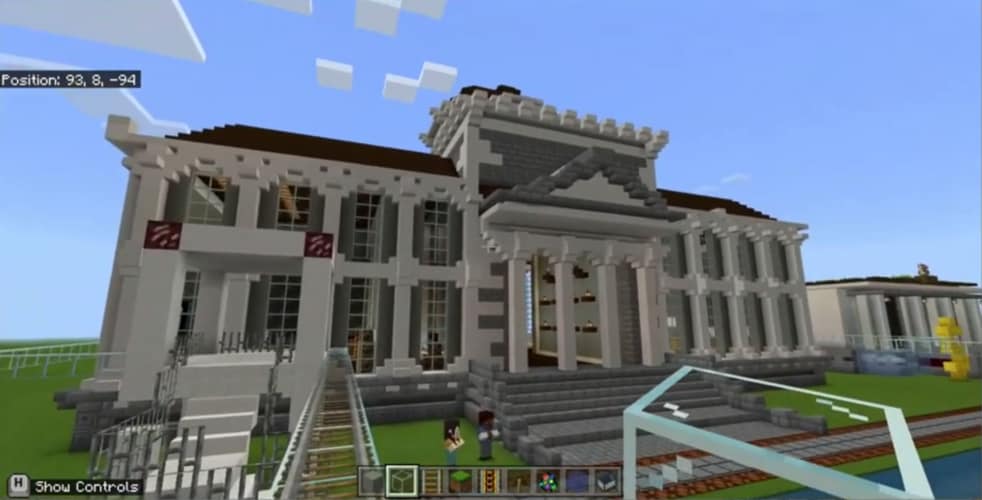
The students began the Community of the Future Challenge by brainstorming:
- How can we make our communities work for everyone?
- How do the services and opportunities within our communities support increased choice for the people living in them?
- What would be different for our people and our communities if we prioritized Affordable and Clean Energy as well as Gender Equality?
- How could our design help people in our community live happier and healthier lives?
- Why do these things matter for us all?
After designing their communities in Minecraft, GWG club members recorded a video for submission to the nearly 300 judges from all over North America. The GWG submissions were exciting and included solar energy, wind turbines, recycled tires for roads, efficient lighting, inclusive parks and restaurants, equal pay for all genders, and many ways to sustain a community with affordable and clean food and energy ideas. Rookie teams from Dekalb, Georgia really went the extra mile.
One group replicated the Atlanta Beltline with a BEAT trail and “Kindness Lives Here” garden that’s inclusive of everybody, regardless of gender or beliefs. Another team of 4th and 5th graders from Dekalb created a windmill and watershed system with a Rainbow Soup Kitchen featuring non-binary restrooms that ensure they’re inclusive and inviting to their LGBTQA friends in the community. Hearing the voices of our youth solving these complex problems gives us all hope for the future!
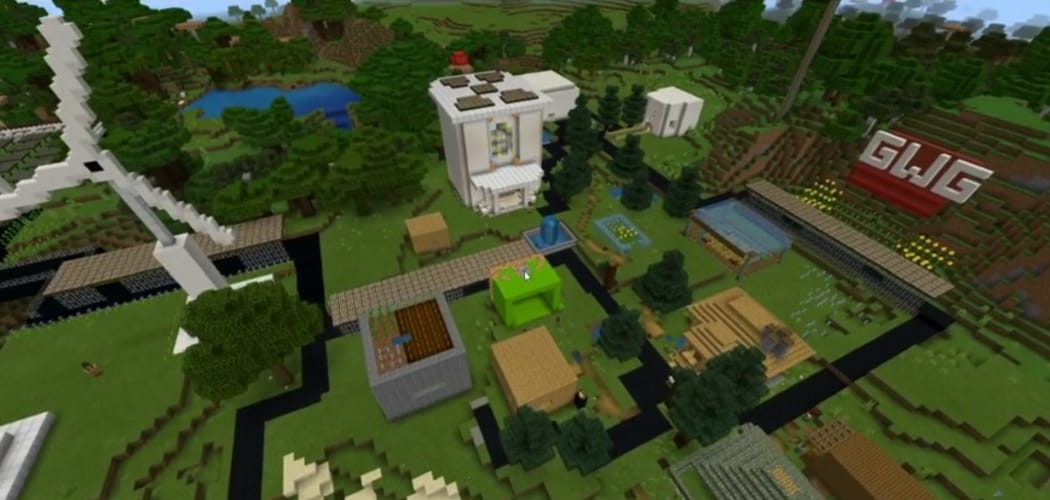
We were excited to grant the 1st place award for the Community of the Future Challenge to the P-Tech Wilson Commencement team from Rise Community School in Rochester, New York. Their build featured a community powered entirely by sustainable means, including solar, wind, geothermal, and hydro energy. To make sure their entry was socially feasible, they even featured calculations of how their electricity generation elements would power individual homes. The Briarlake team’s windmill and watershed system—combining both sustainability and inclusivity features—took 2nd place. They didn’t just showcase energy ideas but also social solutions like community gardens.
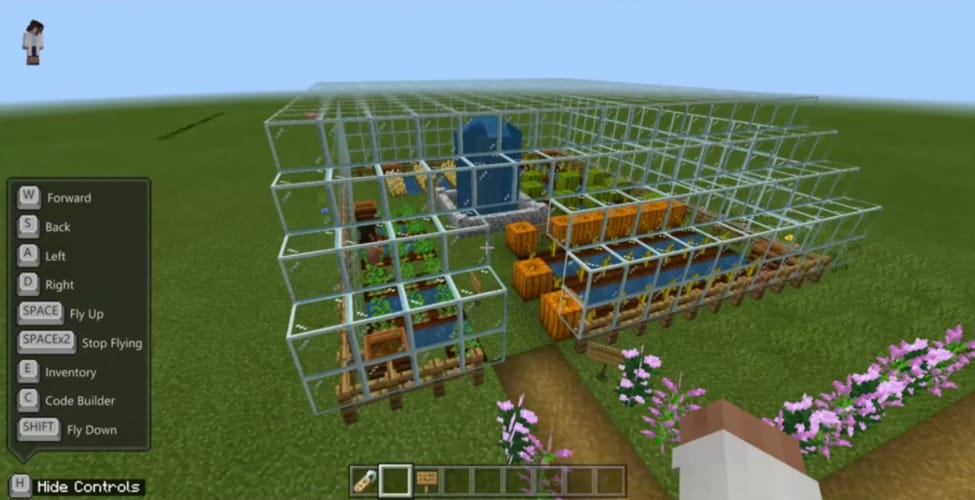
This year’s spring 2021 cohort also featured a special Girls Who Game Grit acknowledgment as an opportunity to highlight the perseverance and courage throughout the cohort. There’s no doubt that all of our clubs deserve a grit acknowledgment this year, but we want to shine a spotlight on LeBlanc Middle School in Calcasieu, Louisiana. Their teacher champions, Allyson Turner and Jordan Allen, created an after-school experience just three months after hurricanes devastated 74 of the 76 schools in the region, causing 220 million dollars in damages. Allyson and Jordan fought hard to help life return to normal for their middle school GWG students.
With blue tarps hanging overhead, ceiling tiles missing, and large trash barrels catching water from the rain dripping through the roof, these dedicated teachers opened the computer lab during their lunch breaks and planning time to provide the girls an opportunity for game-based learning. They empowered the team members to learn from one another as they built confidence in a secure and positive space. Allyson shared, “The persistence of these 17 girls blew us away!” They believed GWG was a moment of escape as the girls showed up week after week, eager to collaborate. Three eighth-graders, Avery, Abbey, and Catherine, stepped up as junior mentors to coach, provide feedback, and guide the younger girls.
Nearly a year has passed, and their all-glass building is still boarded up, but not once did the girls allow their situation to impact the design for their community of the future negatively. You could see the grit, determination, and persistence on their faces as they connected with the Dell mentor on a monitor hanging just below the blown-out ceiling and blue tarps. In spite of these challenges, the team finished before the deadline and submitted their work: Tallen Town, a community where sustainability and gender equality go hand-in-hand. They named each building in the town after women who have made contributions to gender equality and used their video submission to illustrate key issues like domestic violence and childcare equity.
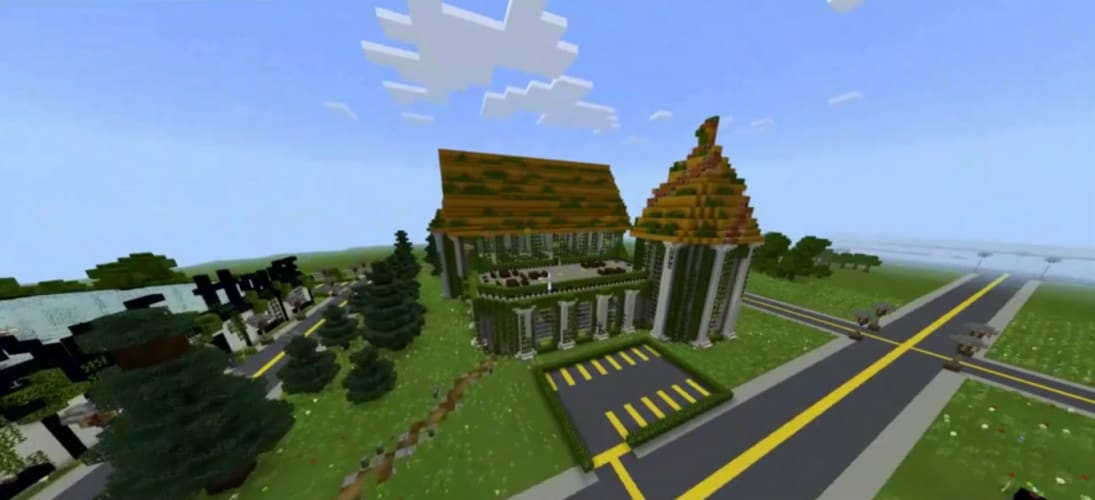
Honorable mention went to the Academy for International Education in Miami, Florida and the Herman Badillo Bilingual Academy in Buffalo Public Schools, New York. But all of these teams displayed incredible grit, creativity, leadership, and empathy. It was a thrill to see their builds in action, and we can’t wait to witness what these student leaders create next!
Are you excited to get involved with Girls Who Game? You can become a mentor, judge, teacher champion, or district supporter. Let us know you’re interested here.
***
New to Minecraft: Education Edition in the classroom? Start exploring here. If you work in a camp, club, homeschool organization, non-profit, or another educational setting outside the traditional classroom, Minecraft: Education Edition is also available to your learners. Find out how.
